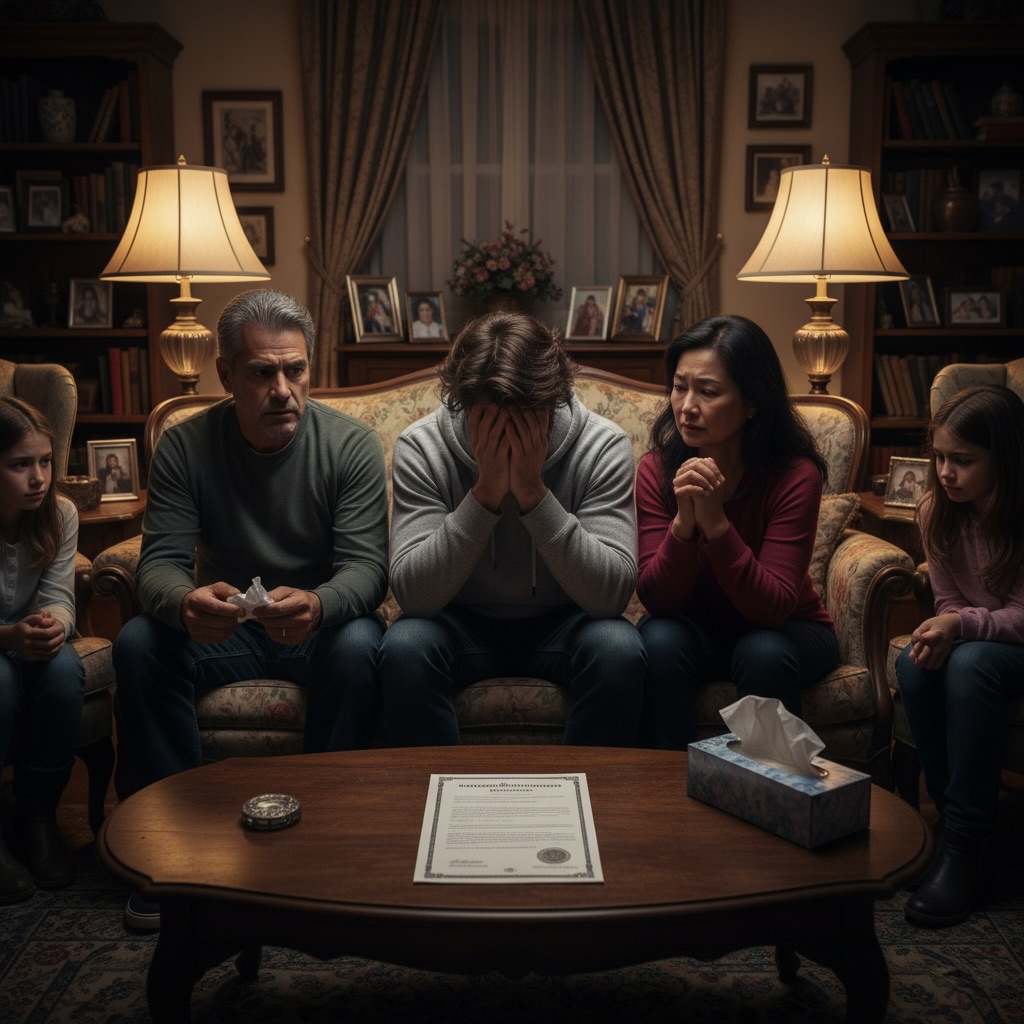Breaking the Cycle


Substance use disorders (SUDs) impact more than just the individual—they ripple through families, straining relationships, trust, and stability. While traditional recovery programs focus on individual treatment, a growing body of research and clinical success stories emphasize the transformative power of family therapy in addiction recovery. By addressing the family as a system, treatment providers are unlocking long-term healing and recovery that lasts.
Addiction doesn’t exist in a vacuum. Family dynamics—communication patterns, trauma history, enabling behaviors, codependency, and unresolved conflict—can all fuel substance use or hinder recovery. The family system often unconsciously adapts to the addiction, creating roles (like the "hero," "scapegoat," or "caretaker") that maintain dysfunction.
A 2023 study by the National Institute on Drug Abuse (NIDA) found that individuals participating in treatment that included family therapy for addiction were 2x more likely to maintain long-term sobriety than those in individual treatment alone. The reason? Recovery isn’t just about stopping substance use—it’s about rebuilding healthy, supportive environments where recovery can thrive.
Q: Why is involving the family so important in substance use treatment?
A: Because addiction often affects and is affected by the entire family. Family therapy opens space for everyone to heal, not just the person using substances. When the family changes its dynamics, it reduces relapse risk significantly.
Q: What kind of changes do you typically see in families?
A: Better communication, more honesty, less enabling, and more emotional support. We also help families set boundaries and recognize unhealthy roles they may be playing unconsciously.
Q: Can therapy really reverse years of dysfunction?
A: Absolutely. It takes time, but families who commit to therapy often say it’s the best decision they ever made—not just for recovery, but for their overall mental health and connection.
Many substance use treatment centers now integrate evidence-based family therapies into their programs, such as:
These therapies aim to align the entire family around shared goals: healing, understanding, and resilience.
Families can either be the strongest anchor in recovery—or an unintentional trigger for relapse.
This is why family therapy for addiction is so vital. It helps families unlearn harmful behaviors and become active participants in their loved one’s recovery.
While detox and rehab are often short-term interventions, family engagement sustains recovery long after treatment ends. Here’s how:
Whether you’re just beginning treatment or supporting a loved one already in recovery, here are key tips to maximize the benefits of family therapy:
Addiction thrives in isolation. Recovery thrives in connection. By including the family in the treatment journey, we not only support the individual—we empower an entire system to grow, heal, and thrive.
The road to recovery is not a solo path. When families commit to showing up, doing the work, and supporting each other with compassion and accountability, they become an unstoppable force for change.
If you or someone you love is battling addiction, don’t wait. Consider family therapy for addiction as a vital component of the healing process. It’s not just about surviving addiction—it’s about rebuilding lives, together.
#FamilyTherapy #AddictionRecovery #MentalHealthMatters #SubstanceUseTreatment #BreakingTheCycle #TherapyWorks #HealingTogether #SupportNotStigma #FamilyHealing #RecoveryJourney